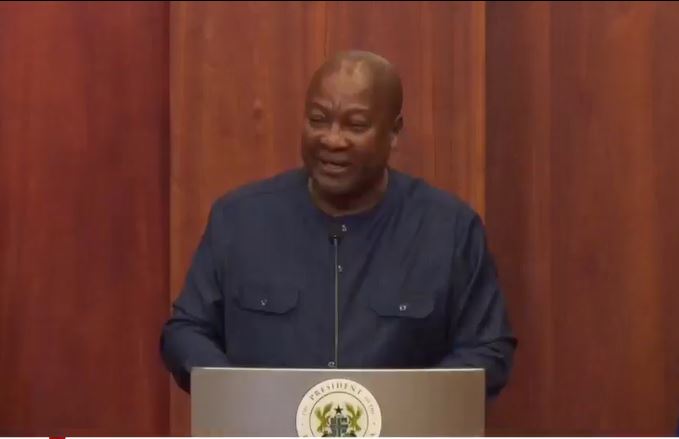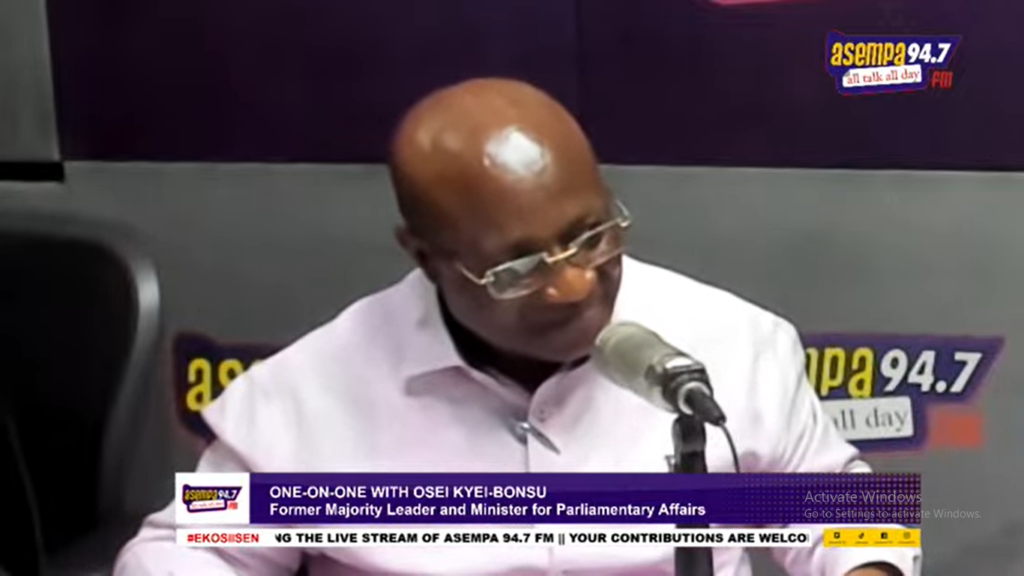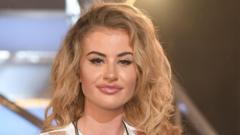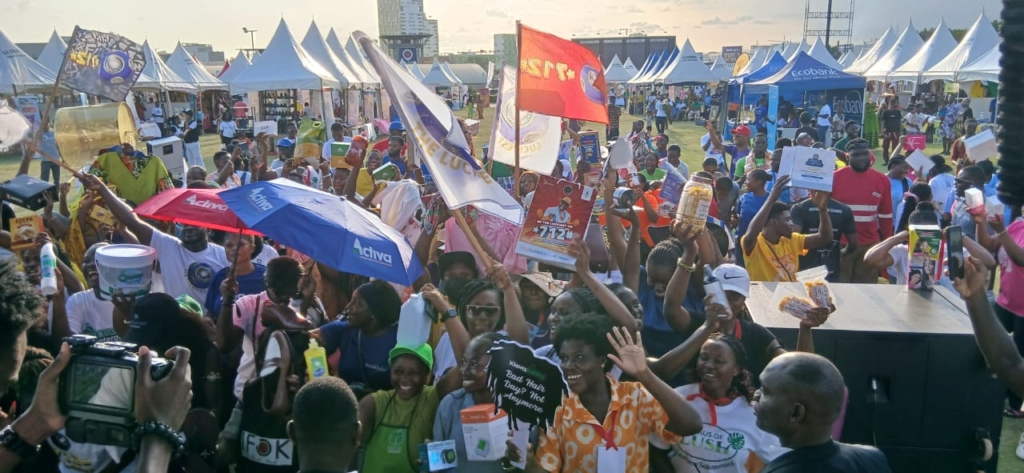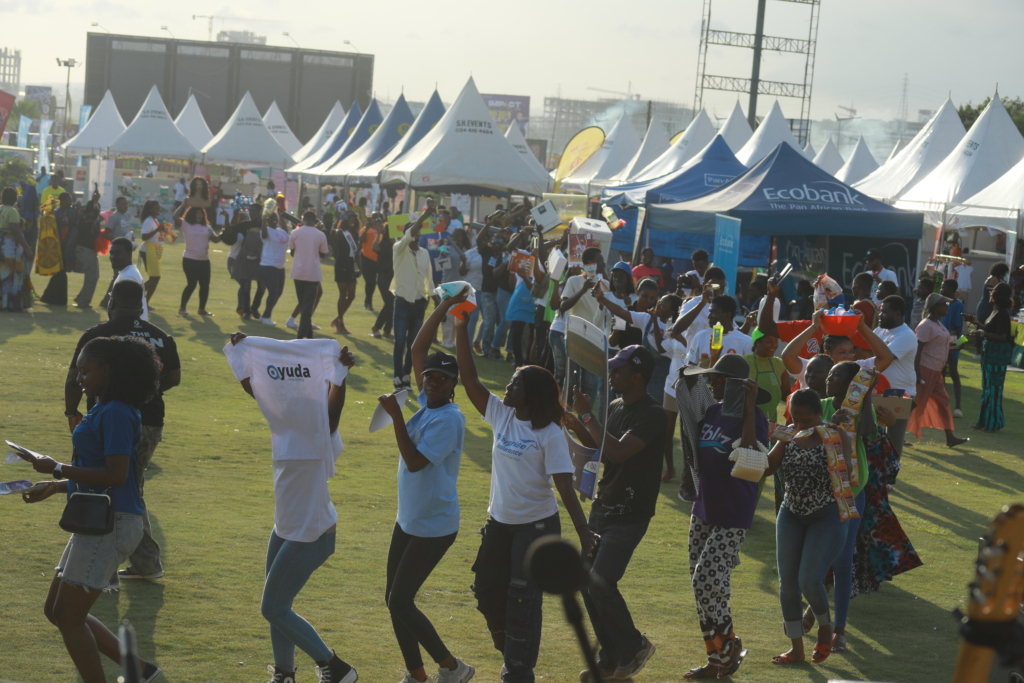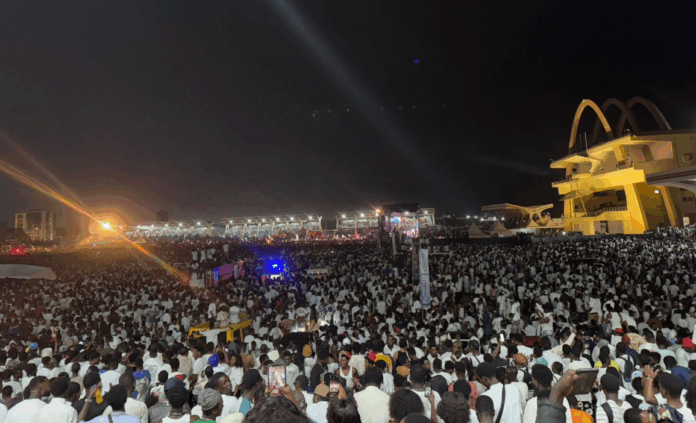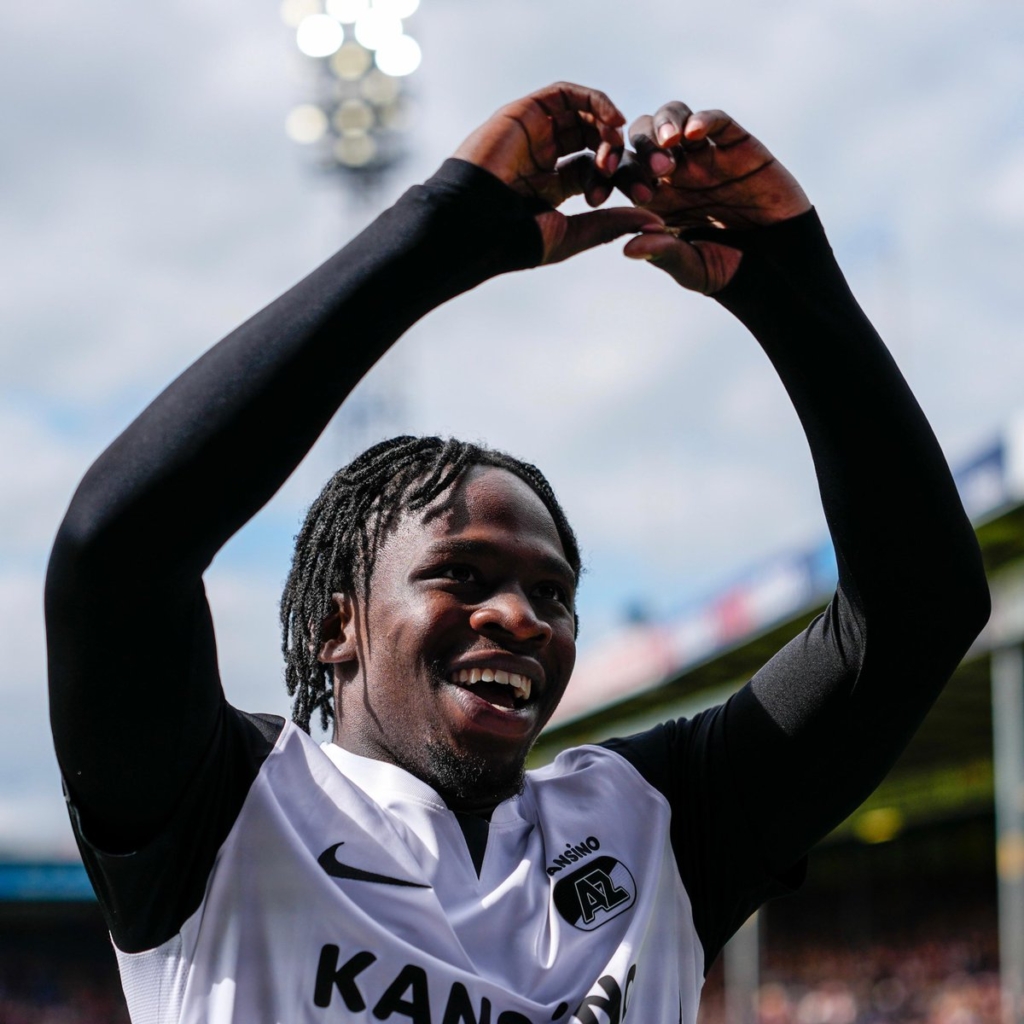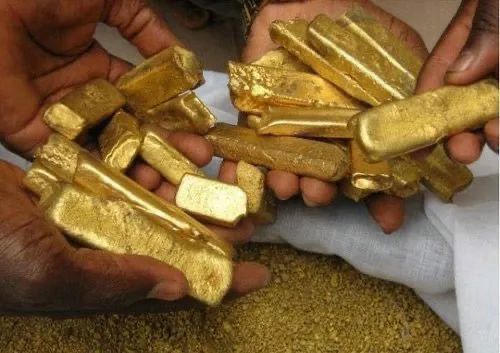Model Chloe Ayling was kidnapped after being lured to a fake photo shoot in Milan. She was released six days later, but her ordeal was far from over – seven years on, she is still being called a liar.
“Headlines really stick in people’s minds, even years later,” Ms Ayling tells the BBC, explaining that she still receives online abuse from people questioning her account.
Her story is being told in a new six-part BBC series, Kidnapped: The Chloe Ayling Story. The series, which follows Chloe’s experience being kidnapped and the media storm that followed, is based on police interviews, court transcripts and personal accounts – with some scenes created for dramatic purposes.
Ms Ayling faced years of doubts about her ordeal with people accusing her of faking her abduction, profiting from it and being involved in a publicity stunt.
But she’s since worked with the drama’s writer Georgia Lester and producers to tell her story.
“All I wanted was [the] facts to be laid out and everyone to know what actually happened,” Ms Ayling says.
She hopes her experience will help others. “This should be a lesson for people not to judge victims based on the way they act or react,” she adds.
Ms Ayling’s ordeal began in July 2017 when she was lured from London to Italy on the promise of a photo shoot by Lukasz Herba, who drugged her and took her to a remote farmhouse in a holdall bag.
Lukasz Herba said she would be sold online if she could not provide a $300,000 (approximately £230,000) ransom fee. He released her to the British consulate in Milan six days later.
When Ms Ayling, then 20 years old, returned to the UK she came under fire – she was accused of posing for the cameras and smiling.
Finding herself at the centre of so much media attention, Ms Ayling remembers: “It was just so big and overpowering.
“It was blown out of proportion, there were things that were missed out and it was going in a direction that was not true.”
On the topic of smiling when she arrived home from Italy, Ms Ayling says: “That was genuinely how I was feeling at the time. I was happy to be home. I was happy this was over, so why shouldn’t I be smiling?”
Even after Lukasz Herba, a Polish national, was jailed for 16 years and nine months for her kidnapping, people continued to accuse her of not telling the truth.
Ms Ayling feels her work as a model contributed to how she was treated: “I do believe if my job was different, it wouldn’t be the same reaction,” adding that the way a victim dresses, acts or shows emotion shouldn’t be a reason not to believe them.
After her kidnapping, Ms Ayling published a book and appeared as a contestant on Celebrity Big Brother.
Despite the backlash she received, she wouldn’t change anything about how she behaved, she says.
“I was true to myself and did what I want[ed] to do, so I don’t have any regrets.”
The BBC drama comes as her kidnapper’s brother, Michal Herba, who was also involved in Ms Ayling’s abduction, has been released from prison. He was sentenced to 16 years and eight months in prison but had his sentence reduced after an appeal.
“I think he should have been in prison for a lot longer,” Ms Ayling says of Michal Herba.
“The fact that they still don’t take accountability and still want to make lies and not be responsible for what they did [is] even more annoying,” she adds.
Now, years on from her abduction, Ms Ayling is trying to put what happened behind her.
“I don’t get flashbacks or anything like that,” she says, but in making this drama the 27-year-old had to relive the experience.
“I [had] to put myself back in that position to remember key details and how I felt at the time,” she says.
The series writer, Georgia Lester – who has also worked on dramas Killing Eve and Skins – says: “I think the wider story here is about how we treat victims, specifically women.”
She adds: “It feels like a timely and important drama.”
In July, the National Police Chiefs’ Council, external outlined the scale of violence against women and girls across the nation in a report – and the body estimates that one in every 12 women will be a victim of violence every year.
Amanda Rowe, the lead for violence against women and girls at the Independent Office for Police Conduct, external, acknowledges some people “do not have a good experience” when it comes to reporting violence against women and girls.
“Fear of being made to feel responsible for what has happened to them can put people off reporting these crimes,” she says.
Ms Lester says she was enraged to learn how Ms Ayling had been treated following her kidnapping. She hopes the BBC drama “encourages people to believe women” and that it will “vindicate” Ms Ayling in “the eyes of people who judged her”.
Ms Ayling adds: “I want the world to know that what I’m saying is true.”
You can watch Kidnapped: The Chloe Ayling Story on BBC iPlayer on Wednesday 14 August.
Additional reporting by Sabrina Fearon-Melville.

